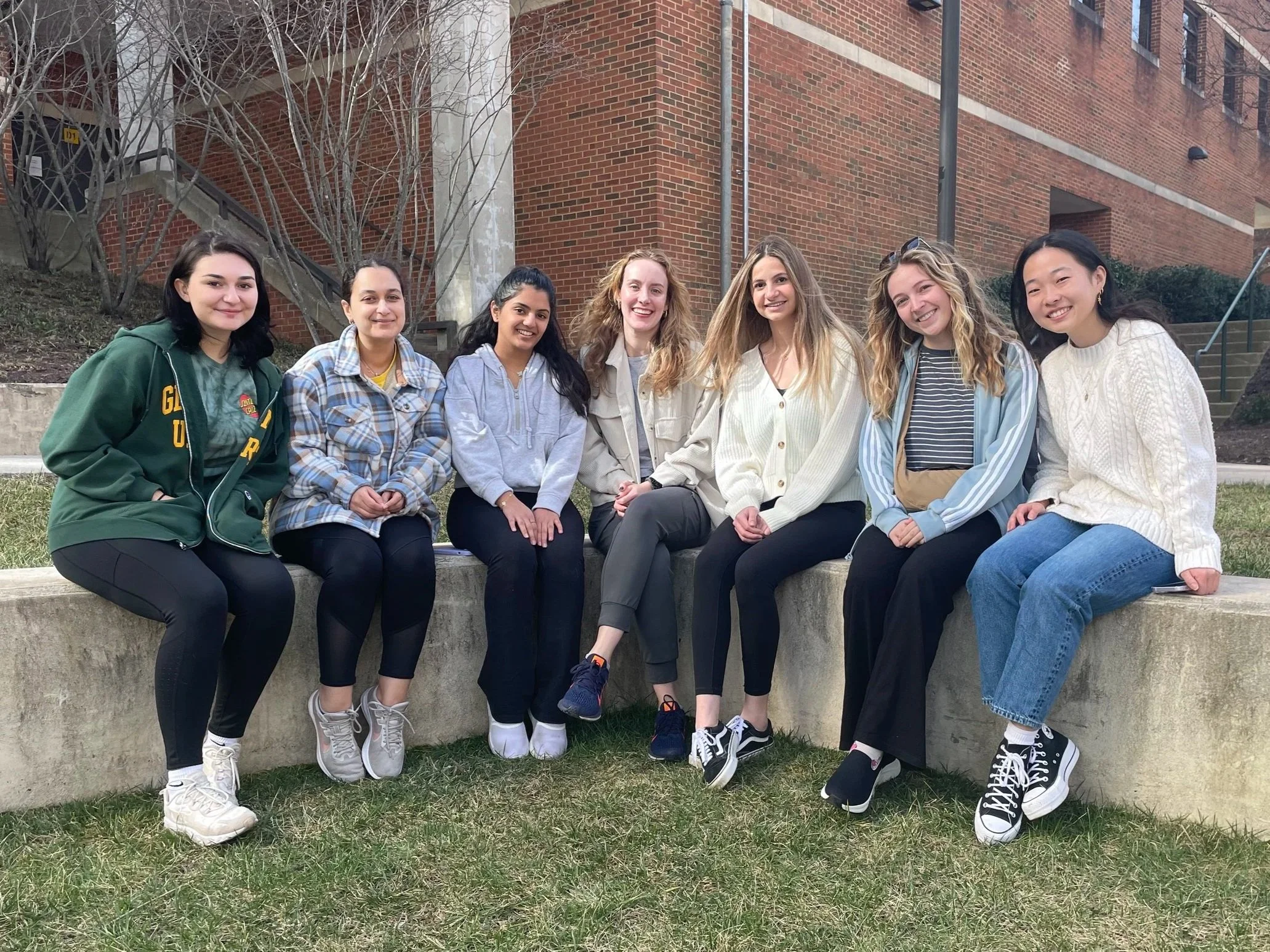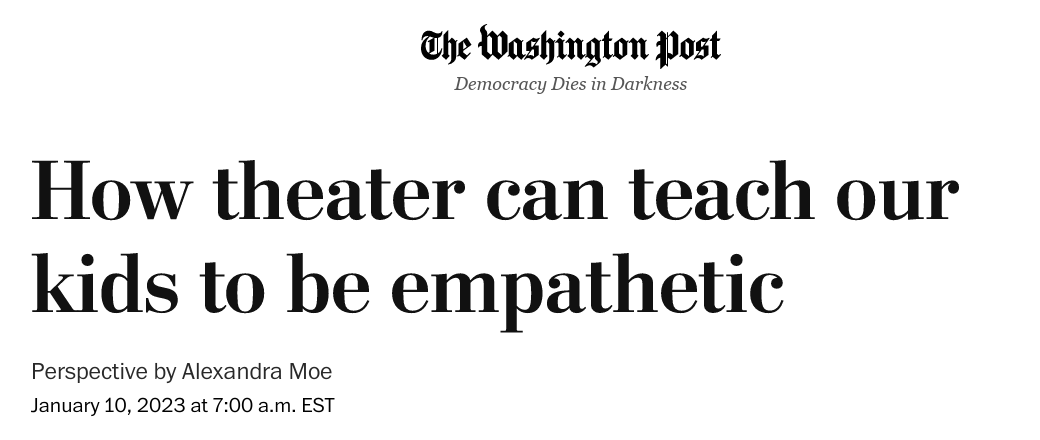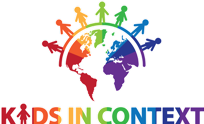Research
I am deeply interested in social cognition, the mental processes involved in how we understand ourselves and others in the social world. Some of the social cognitive topics I am interested in include theory of mind, empathy, intergroup attitudes, and emotion perception, for example. In my research, I study how different contexts and experiences shape social cognitive development across the lifespan and have conducted work with children, adults, and older adults. I am especially interested in how experiences in the arts and art education impact development and social cognitive processes.
I am also a methodological pluralist. I value and employ multiple research methodologies including quantitative, qualitative, and mixed method approaches.
To conduct my research, I have partnered with a number of community organizations, such as extracurricular youth organizations, schools, and retirement communities. If you are interested in a community partnership collaboration, please reach out!
Student mentorship is a central part of my research. Here are the undergraduate research assistants who worked with me on my final dissertation project—some of the many students I have had the pleasure of working with!
Selected Publications
Stutesman, M. G., Goldstein, T. R., & Varier, D. (2025). Methodology for research on psychology of the arts: A systematic review, critique, and argument for mixed methods. Methods in Psychology. Advance online publication. https://doi.org/10.1016/j.metip.2025.100199
Stutesman, M. G., Sheridan, K., & Goldstein, T. R. (2025). Promoting general well-being, self-knowledge, and addressing oppression: A qualitative study of children’s dance participation. (Special Issue: The Positive Humanities: Arts, Culture, and Well-Being) The Journal of Positive Psychology. Advance online publication. http://dx.doi.org/10.1080/17439760.2025.2459397
Stutesman, M. G.*, Sansbury, A.*, & Varier, D. (2023). Making room for mixed methods: A conceptual review of the ecological role of symbolic cultural practices in children’s racial and ethnic identity development. (Special Issue: The Science of Families: Nurturing Hope, Happiness, & Health) Family Relations, 73(1), 561–577. https://doi.org/10.1111/fare.12985. *Shared first authorship
Stutesman, M. G., & Goldstein, T. R. (2023). Mechanisms for affect communication from dance: A mixed methods study. Journal of Creative Behavior, 58(1), 28–46. https://doi.org/10.1002/jocb.622
Stutesman, M. G., & Goldstein, T. R. (2023). Developing emotion abilities through engagement with the arts. In Z. Ivcevic Pringle, J. D. Hoffmann, & J. C. Kaufman (Eds.), Cambridge Handbook of Creativity and Emotion. https://doi.org/10.1017/9781009031240
Stutesman, M. G., Havens, J., & Goldstein, T. R. (2022). Developing creativity and other 21st century skills through theater classes. Translational Issues in Psychological Science, 8(1), 24–46. https://doi.org/10.1037/tps0000288
Stutesman, M. G., & Frye, D. A. (2022). Affective theory of mind in late adulthood: The role of emotion complexity and social relatedness. Experimental Aging Research. 49(5), 472–500. https://doi.org/10.1080/0361073X.2022.2137359










